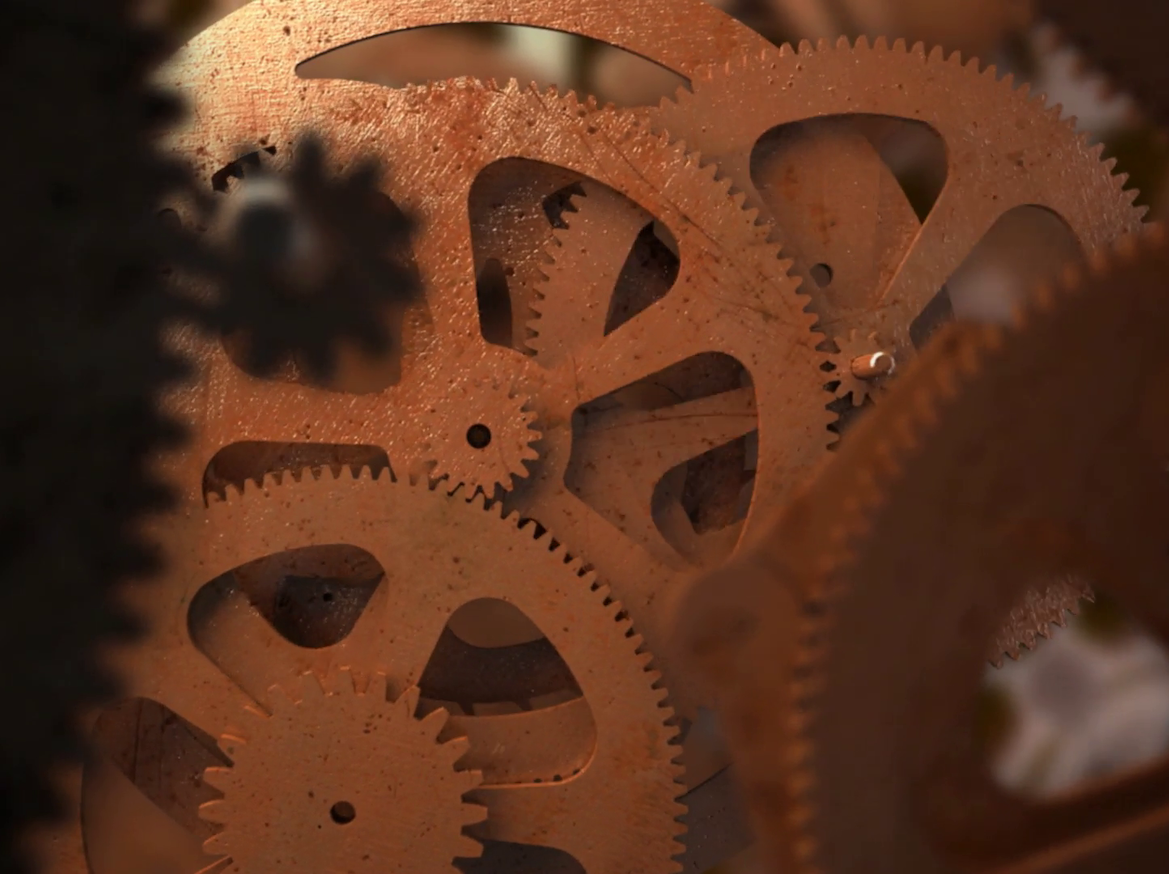CHRONOBIOLOGY

For thousands of years, people were able to live in sync with their “inner clock”. In our modern world, however, this is scarcely possible.
Work, school or studies – for many people the day starts with the sound of an alarm clock. Still tired and sleepy, we try to get up to start the day. So why don’t we simply go to bed earlier the night before, despite having firmly decided to do so? Late risers have a difficult time of it and also have a bad reputation. Young people, in particular, are seen as lazy and apathetic, because they won’t get out of bed in the morning. But that is simply untrue. For most people, our society is up too early. This does not fit with our “internal clock”, which is supposed to stipulate when we sleep and when we rise. For thousands of years, people lived in sync with their “body clocks”. In the modern world, however, this is scarcely possible. Many live a life that is not in harmony with their own natural rhythm and consequently suffer from lack of sleep with fatal consequences for their health. Sleep disruptions, depression, diabetes and even dementia are all linked to a disruption of the “internal clock”. But when we understand how we tick, we can live better and healthier lives – and we can treat illnesses much more effectively.